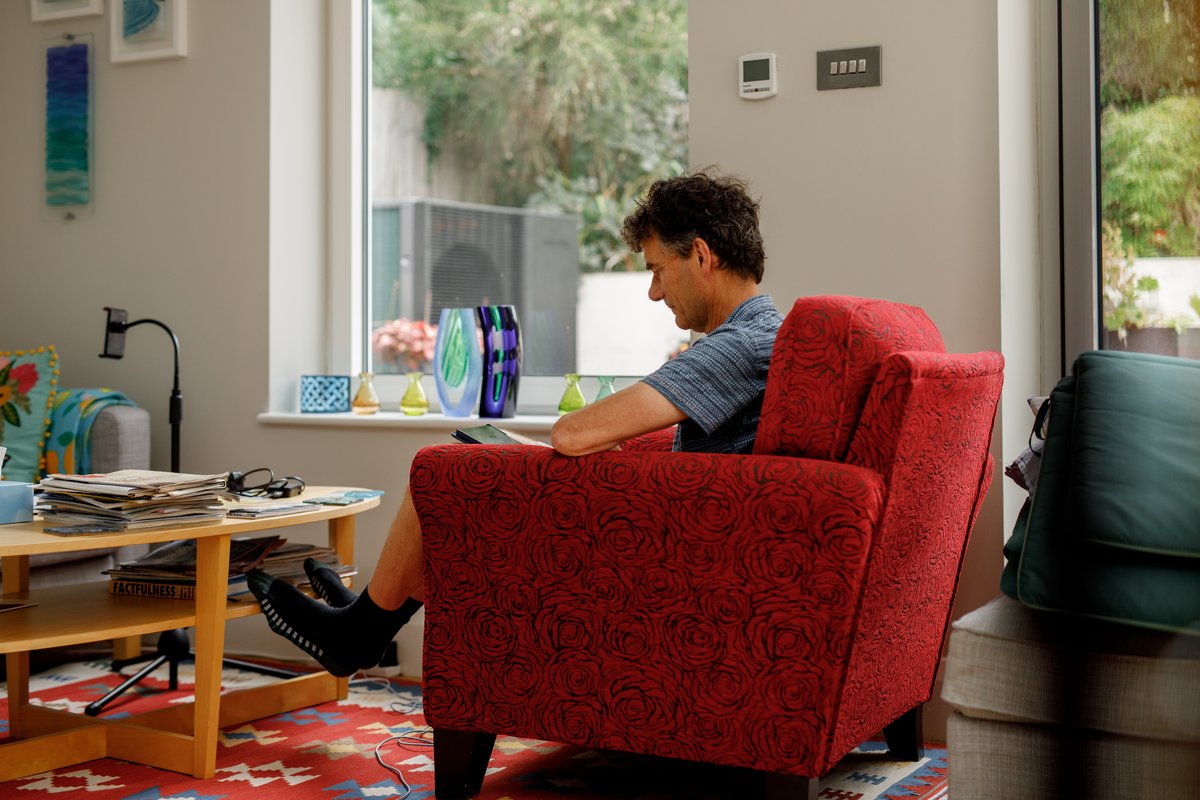The largest barrier to heat pump adoption is the high upfront cost, which often isn't fully covered by the £7,500 BUS grant. This is a long-term barrier, as installation costs are unlikely to drastically reduce and subsidies could reduce in the future.
A significant number of households will receive heat pumps via their housing provider or means-tested grants like ECO4, but ineligible households will have to rely on savings or loans. We know that some households currently installing heat pumps, typically considered early adopters or innovators with more access to wealth, are already having to borrow. This implies that the need for financing options will increase for those further down the adoption curve.
This project seeks to explore how innovative business and finance models could enable consumers to install a heat pump for zero upfront cost. We will identify potential models, assess their attractiveness and viability for consumers and lenders, and propose solutions for the barriers and frictions uncovered.
Our overarching goal is to enable households to access affordable finance that they otherwise could not. To achieve this, we have identified three potential routes to impact:
- Working to influence government and policy, both by tackling existing policy barriers and by proposing new, proactive finance schemes.
- Derisking and accelerating the private market by sharing intelligence with the industry and by developing or proving new, adoptable financial models.
- Stimulating consumer demand by providing clear advice to increase public access and understanding of finance products.
We believe enabling zero upfront cost options can make a tangible difference in heat pump adoption, helping to meet the goal of 420,000 installations per year by 2028. We believe that current finance options are not accessible for many households. Providing finance to eliminate the upfront payment is a critical enabler for this transition.
This project will determine what successful models could look like. This means identifying what is most attractive to both consumers and lenders, understanding the barriers to implementation, and ensuring any proposed model offers good value and strong consumer protection.
Our initial scoping phase involved desk-based research, stakeholder conversations, and an internal workshop.
This foundational work helped us surface the current challenges, identify potential finance models that "could" work, and understand the primary barriers making them non-viable.
During our scoping we identified three focus areas to explore further:
- The role of insurance and assurance bodies in de-risking litigation concerns for lenders.
- Property linked finance is not currently viable. We want to pinpoint what regulatory changes would be needed, and assess the role it could play for different consumer segments.
- How reducing the price of electricity could enable novel business models.
We will explore these focus areas with literature reviews, further stakeholder engagement, and user testing.
